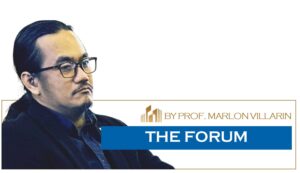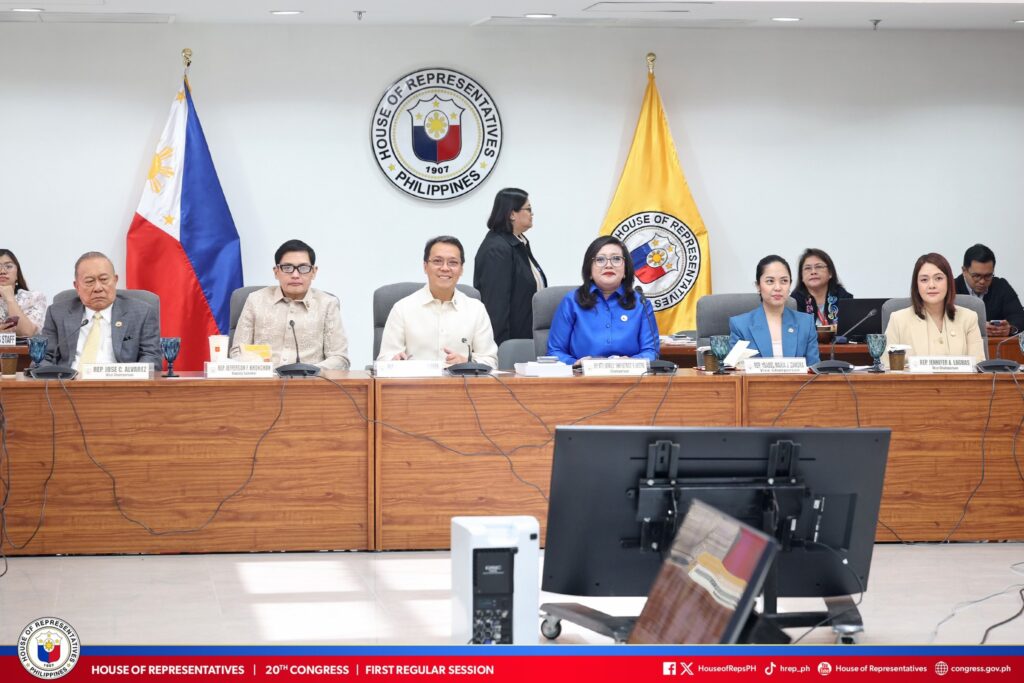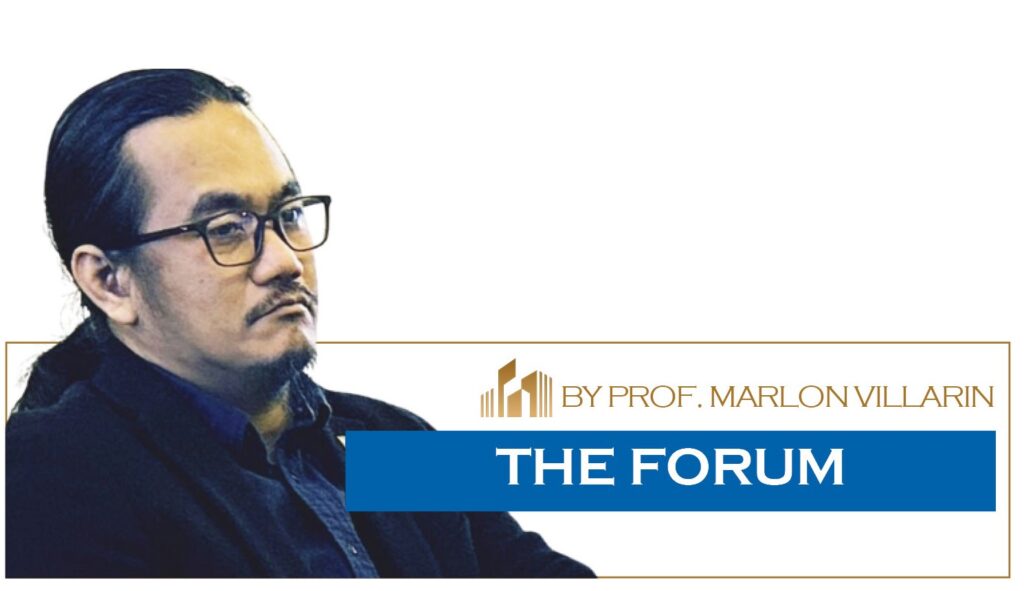In a democracy, the rule of law is the cornerstone that ensures fairness, equality, and justice for all. Yet, under the administration of President Ferdinand “Bongbong” Marcos Jr., the Philippine political landscape is witnessing a troubling trend that threatens these very principles: selective justice. This phenomenon is particularly evident in the imposition of suspensions on local government unit (LGU) officials, where allies of former President Rodrigo Duterte appear to be disproportionately targeted. At the same time, those with similar allegations of graft and corruption but aligned with the current administration seem to escape scrutiny.
This selective justice undermines the core of democratic governance and erodes public trust in our institutions. The recent spate of suspensions directed at mayors and governors with known affiliations to Duterte is alarming, not just for the individuals involved but for the precedent it sets. These actions suggest a political purge rather than a genuine effort to combat corruption. The implications are clear: loyalty to Duterte is now a liability, and the administration’s message is one of retribution rather than reform.
Take, for example, the case of a certain Mayor and Governor from the south, both staunch supporters of Duterte. Their suspension came swiftly and decisively, justified by allegations of graft and corruption. Yet, when scrutinizing the cases of their counterparts who are sympathetic to Marcos Jr., we find similar, if not more severe, accusations that have been conveniently overlooked. This disparity in treatment raises serious questions about the integrity and impartiality of the justice system under the Marcos administration.
This selective application of justice does not merely target individuals; it sends a chilling and straight message to all LGU officials. This political condition fosters an environment where political loyalty trumps accountability, and the fear of retribution stifles dissent and discourages independent governance. This atmosphere is also detrimental to the democratic process, which thrives on a healthy balance of power and the freedom to challenge and critique leadership without fear of unjust reprisals.
Moreover, this trend poses a significant threat to the fight against corruption. Genuine anti-corruption efforts require impartiality and consistency. When justice is wielded as a political weapon, it loses its efficacy and credibility. The public becomes cynical, viewing anti-corruption campaigns as mere tools for political maneuvering rather than sincere attempts to uphold integrity and transparency. This cynicism can lead to apathy and a decline in civic engagement, weakening the very fabric of our democracy.
Graft and corruption crosses party lines and affiliations. Tackling it requires a non-partisan approach where justice is administered fairly and equitably. The Marcos administration’s apparent focus on targeting Duterte’s allies while ignoring similar transgressions among its supporters did a disservice to the nation. It perpetuates a cycle of impunity and deepens political divisions, making it harder to achieve the collective progress the Philippines desperately needs.
The Marcos administration must take urgent steps to address these concerns. Transparency and accountability should be the guiding principles in the pursuit of justice. This means establishing independent oversight mechanisms free from political influence and ensuring that all allegations of corruption are investigated thoroughly and impartially, regardless of the political affiliations of those involved.
The general public must realize that selective justice under President Bongbong Marcos is a grave concern that threatens the democratic foundations of the Philippines. By targeting local officials aligned with former President Duterte while ignoring similar accusations against its supporters, the administration is not only undermining the rule of law but also eroding public trust in our institutions. It is imperative for the sake of our democracy and the fight against corruption that justice be administered fairly, impartially, and consistently. Only then can we hope to build a society where the rule of law prevails and all citizens, regardless of their political affiliations, can trust in the fairness and integrity of our justice system.




